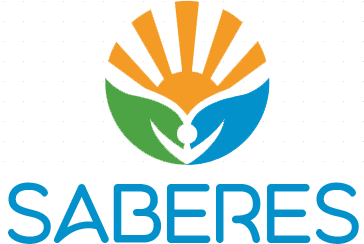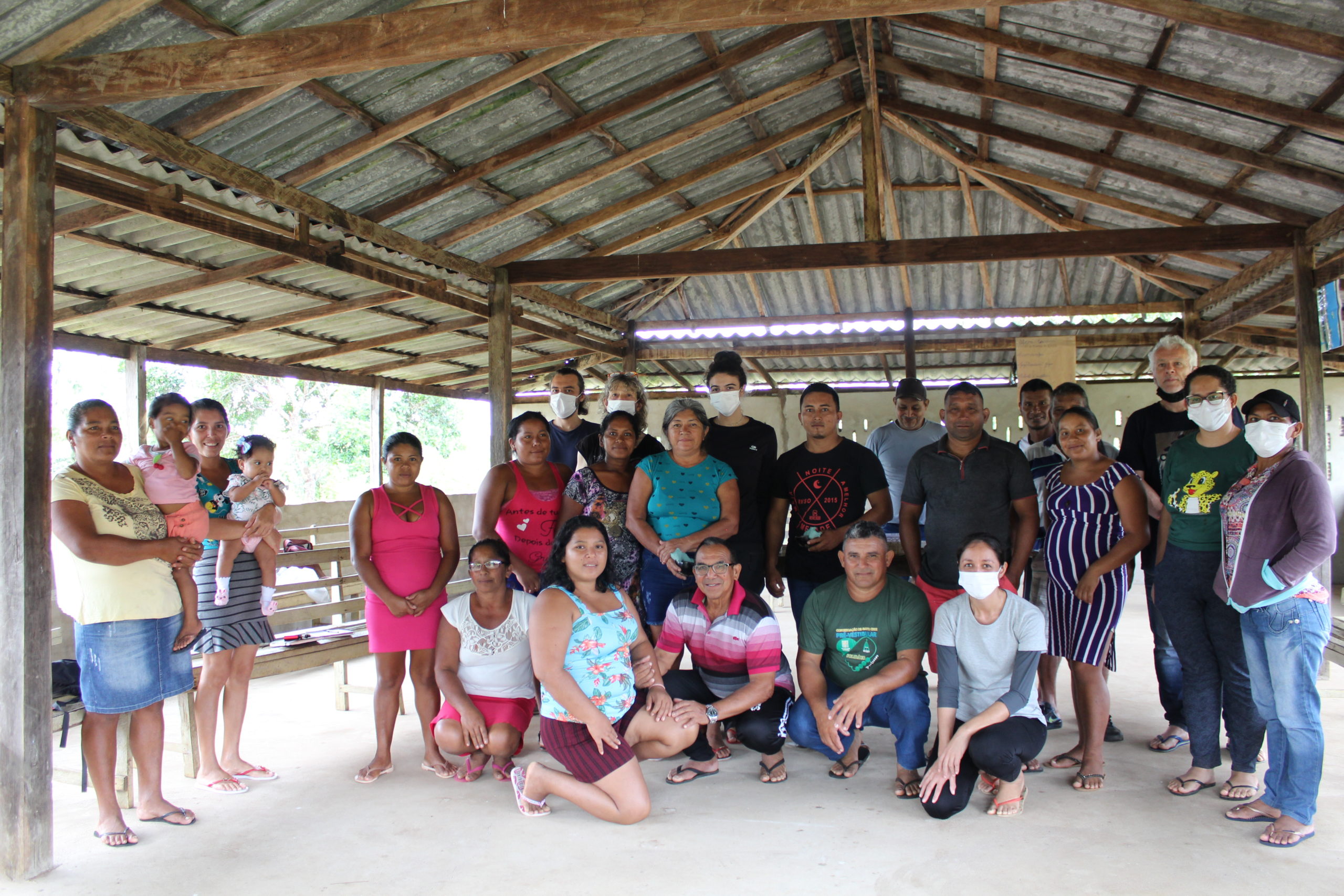A transdisciplinary team of social and environmental scientists has just completed a campaign in the surroundings of Santarém, in the Brazilian Amazon. They aimed at meeting with local stakeholders in order to discuss artisanal fishing and the challenges facing this activity through a Serious Game.
Conducted as part of the BONDS and SABERES projects, the field mission in the Lago Grande do Curuaí region has just ended. For ten days, the Brazilian and French researchers carried out workshops in the riverside communities using an adaptive modelling approach, a participatory process that materialises in the co-construction of a serious game, ‘Pesca Viva’, in which the territory’s stakeholders are asked to play their own role. The game board and the different elements present on it try to reproduce the socio-environmental dynamics of the area in a faithful, albeit simplified, way, by integrating the knowledge of the researchers as well as that of the actors of the territory, especially the fishermen.
The workshops carried out during the current and previous campaigns allowed the participants to dialogue with each other and with the researchers, and for each person to share his or her point of view on the resource to be shared. Each game is of course a moment of fun and encounter, but it is also an opportunity for the players to express themselves on the game: does it reflect what is happening in the area? This allows the sessions to confirm or deny the closeness of the model with the reality, and can lead to changes in the rules of the game or the representation of the system (for example, changing the game board to fit the environment). In the long run, the aim is to arrive at a collective vision of the issues and challenges to be met in order to achieve sustainable management of the territory.
The lower Amazon region, especially the floodplains, have long been centres of human settlement. In recent decades, unprecedented population and economic growth have influenced resource use and challenged the ability to sustain humans and biodiversity in the floodplains and surrounding uplands. In addition, the integrity of Amazon floodplain habitats is increasingly threatened by dams, river navigation networks, agricultural frontier expansion and climate change. In this context, the BONDS and SABERES projects propose to develop biodiversity scenarios in the floodplains of the lower Amazon, by combining remote sensing, hydrological, fisheries and habitat modelling tools with participatory work that integrate local stakeholders, in order to combine biodiversity conservation and human activities, particularly fisheries, in a context of rapid socio-economic and climatic changes.


Leave A Comment